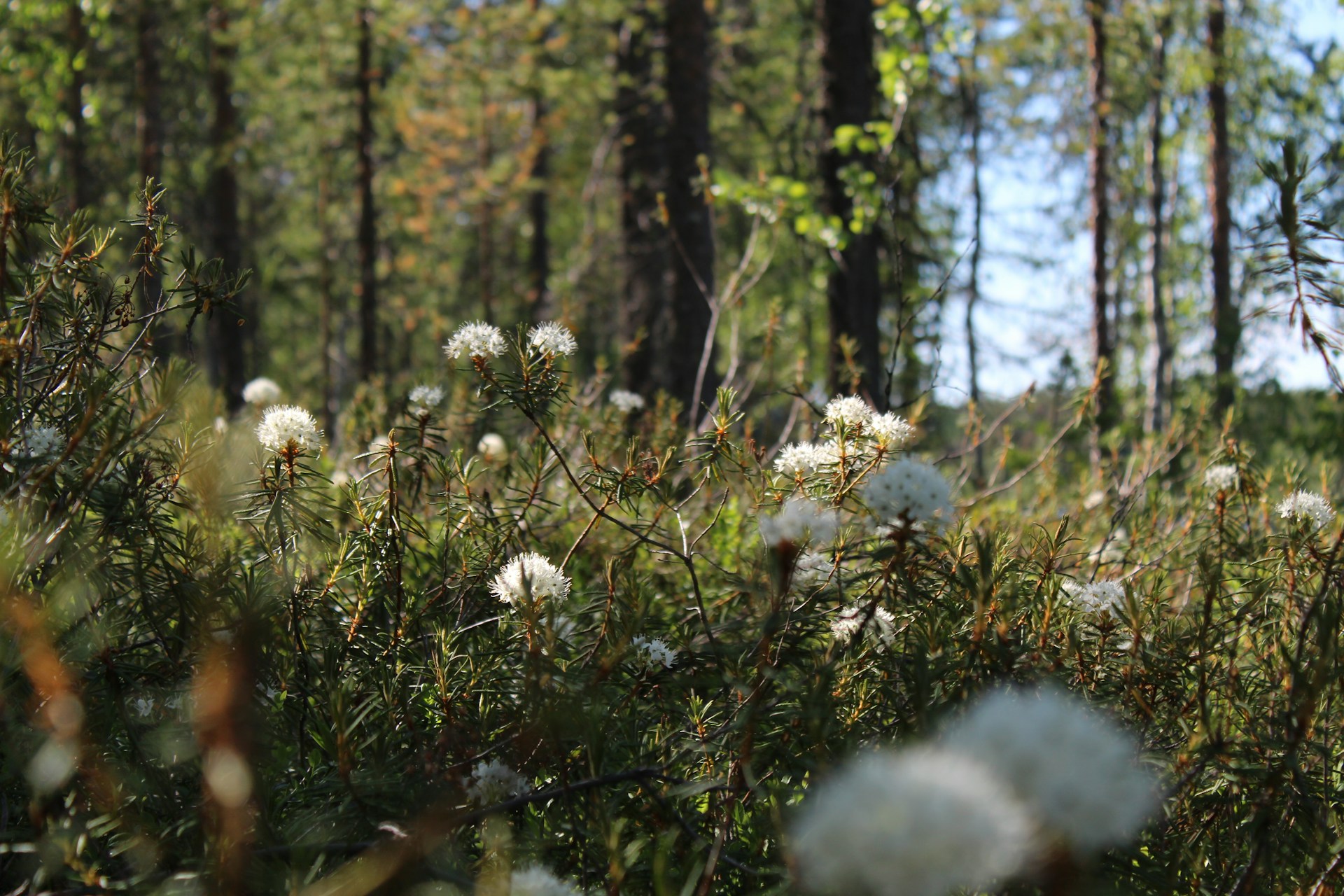
Meet Dr. Cynthia Lane, Botanist and North House Instructor

We're excited to welcome Dr. Cynthia Lane, botanist and ecologist, at this year's Northern Landscapes Festival! Join her for a botany intensive perfect for naturalists, ecologists, herbalists, and foragers.
Tell us about your background and your work as an ecologist.
I became a botanist and ecologist because I find plants fascinating, and it is a profession where one gets to work in beautiful, wild places. My passion for plants led to studying botany and horticulture in school before starting a landscape company in Minneapolis. The practice of prairie restoration had just started to become a science, motivated by the dire loss of grassland ecosystems with less than .01 % remaining.
Becoming aware of the loss of natural ecosystems and the desire to help heal and protect these lands led to graduate school in the field of Conservation Biology.
Since graduation, I have worked on a variety of botanical projects in the Midwestern US, and in boreal and subarctic regions of northern Canada.
.jpg)
How did you first hear about North House?
I heard about North House from friends who have taken classes at the school and loved it. I was looking for places to teach my applied botany course and North House seemed like a good fit.
Tell us more about your upcoming course at the Northern Landscapes Festival: what will the class experience be like?
The course I'm teaching is Botany for Naturalists, Ecologists, and Herbalists, May 31-June 2. For plant lovers/practitioners, the course will be an opportunity to dive deeper into observing and learning about plant structures, such as flower parts, leaf venation, types of hairs, and bark characteristics. We’ll study how these characteristics are common between plant families and how you can use that information to identify plants to species with greater certainty.
Mornings will be spent in a beautiful classroom at North House where we will look at collected plant material to learn morphology, and I’ll present images on the screen to aid in learning plant family characters.
In the afternoons, we will drive a short distance and then walk in a local forest one afternoon and a wetland the other afternoon. During field trips, we will look at the characteristics of species and families we studied in the classroom for review.

Why is this class important for those interested in ecology or herbalism?
I’ve heard from herbalists and folks working in restoration that they feel like their botanical knowledge is superficial and that a deeper understanding of plant classification and plant families would give them a more solid basis for plant identification.
For professionals, whether you are mapping rare plants or inventorying the success of restoration plantings, accurately identifying the plants to species level is important not only to maintain your professional reputation but to accurately prescribe protection and management methods. Increasing your botanical skills can also open up new job opportunities.
To accurately identify a plant to species it’s best to have at least three solid characters to make the determination. If just comparing a plant to an image in a book or online, or using plant identification apps, it is easy to pick the wrong species.
In cases where poisonous and edible plants can look similar, incorrect identification be deadly! I personally have a friend who ended up in the hospital from improper plant identification when collecting wild edibles.
.jpg)
What are you most looking forward to about returning to North House?
It was a blast to spend a weekend geeking out with the students last year and sharing their enthusiasm for plants. Also, the field trip locations are gorgeous, with one in a forest on a trail along a creek and the other in a wetland close to the North Shore of Lake Superior.
Dr. Cynthia Lane's course, Botany for Naturalists, Ecologists, and Herbalists, is open for registration now! This course has been approved for 10 continuing educations credits for the Society for Ecological Restoration Practitioner program (CERP). Persons completing the class will receive a certificate for the credits. Learn more and register here.